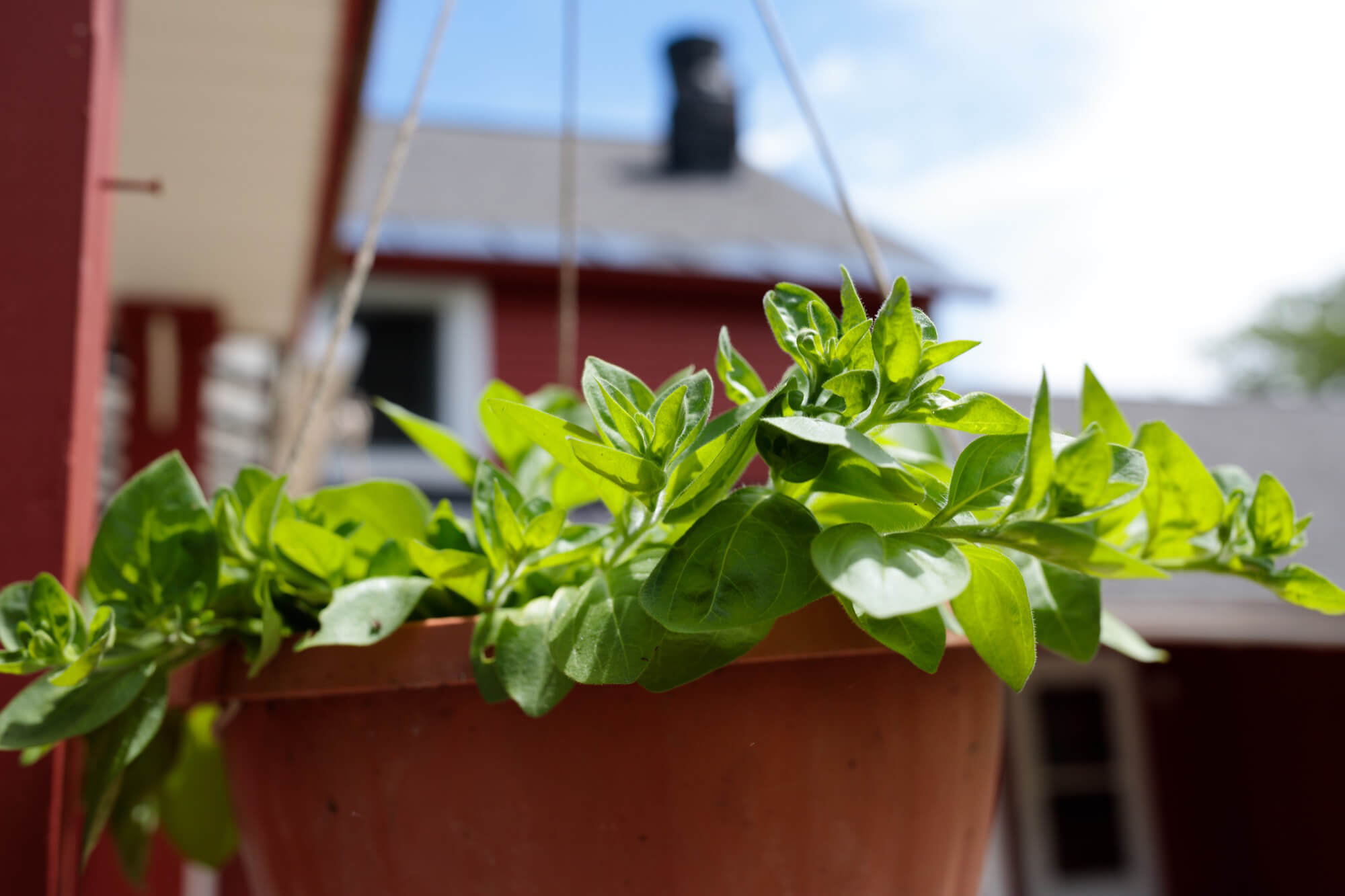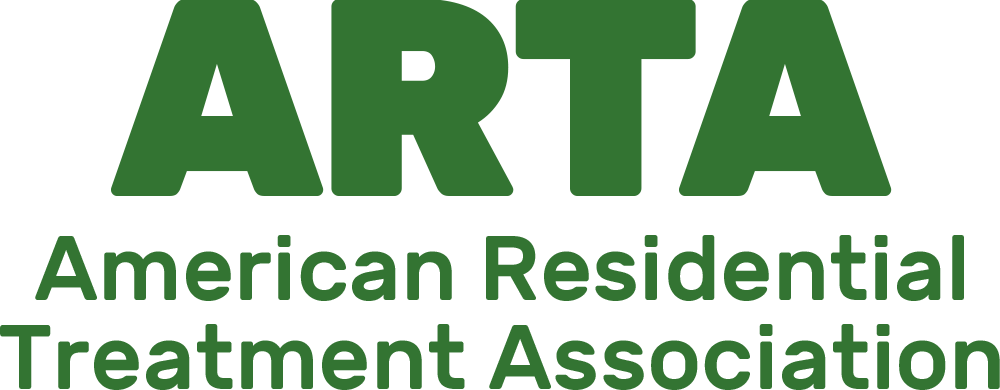
By Sarah Sanders, Cambridge Health Alliance Psychiatry Resident
I am a psychiatry resident training at Cambridge Health Alliance and had the privilege of spending my elective time at Spring Lake Ranch experiencing what it is like to live and work in community and nature. I have found myself intrigued by what the natural world, particularly farming, can teach us about transforming our health. To most, it may seem as though the connection between farming and medicine is tenuous at best. However,
at SLR I am grateful to have experienced a paradigm of healing unlike anything I have encountered in my medical training thus far.
The reductionist framework of the medical field has taught me to divide the patient into discrete entities or a “problem list” that can be conquered piece by piece. However, most people’s needs are dynamic, multifactorial, and oftentimes exceed our understanding. Working as a psychiatry resident, I have started to view mood as the intersection of a complex web of biology, genetics, relationships, community, employment, socioeconomics, the food we eat, activity, the place we live, the air we breathe, and more.
At Spring Lake Ranch, I saw people living with awareness of their personal “ecosystems” – the way they’re connected to the natural world and the people around them. This holistic approach makes it hard to measure or even define therapeutic “intervention” when therapy is happening all the time – and oftentimes very spontaneously and organically.
Inspiration came at Spring Lake when it was least expected: spreading clear polywhey on a shelf brought up a discussion of the importance of doing the work even when you cannot immediately see the visible end results. Separating the yearling calves from their parents brought about ponderings of our own relationships with our parents. Sitting at the lake brought up grateful musing about the sun being the source of life. A colored butterfly resting on the gravel path brought together a spontaneous circle of admiring onlookers. Moments such as these were fruitful and numerous and invited me to work on mindfulness with the natural world.
My interest in nature’s restorative role in our lives was first peaked when reading about Kaplan’s Attention Restoration Theory (1980) where the idea is put forth that nature can be psychologically restorative. They identified qualities of nature that allow for this to happen: Soft fascination: the ability of an environment to generate awe in people; the amount of awe can give the directed attention a rest as the involuntary attention appears in its place. Being away: a feeling that can be objective or subjective in form, e.g. a person can be far away from a location or can let his or her mind go from everyday life and worries. Extension: Quality of the environment that helps one feel comfortable and at ease.
At SLR, I felt “fascination” while working on Gardens Crew; the rustling leaves and dappled sunshine effortlessly calmed my mind, drawing my attention outside of myself. I experienced “being away” as I lost cell phone service and e-mail access.
A mindset of helping people feel comfortable is especially cultivated at the Ranch through respect, trust, and the fundamental stance that everyone has special talents to offer.
Everyone stressed the importance of learning from each other. I felt humbled and grateful to be at the receiving end of such positive comments (especially when I was frustrated at my clumsiness while trying to learn new skills during animal chores and Shop Crew).
The experiences and individuals at SLR affected me deeply and I will continue to carry the lessons forward in my personal life and medical practice.



